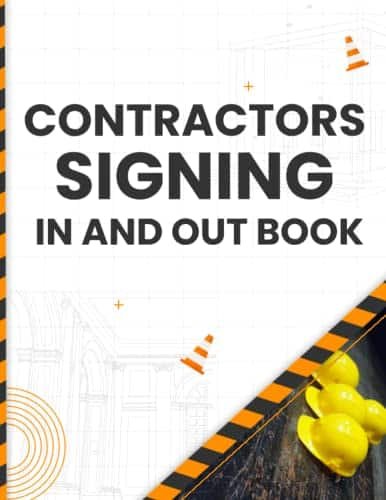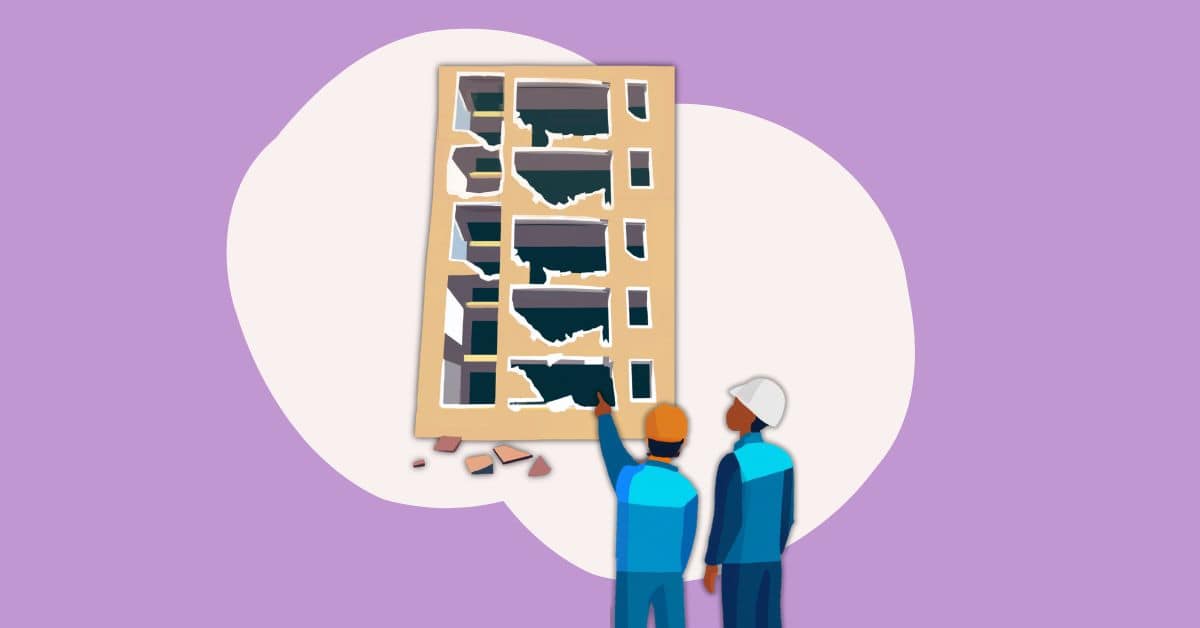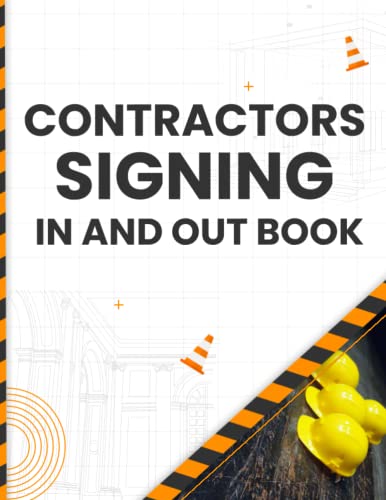

Supply chain issues often slow down renovations. Weather can be unpredictable, causing exterior work delays. Permit approvals may take longer than expected, frustrating homeowners and stalling progress.

Supply chain disruptions often delay necessary materials. Adverse weather can hinder outdoor projects. Additionally, permit approvals sometimes take longer than expected, halting progress and frustrating homeowners.

Delays cause stress and frustration. Homeowners may face increased costs and extended temporary living arrangements. The disruption impacts daily routines, leading to diminished satisfaction with the renovation process.

Miscommunication leads to costly errors. Unclear expectations cause delays and disputes. Regular updates are crucial. Homeowners should insist on written communication to avoid misunderstandings. Clear agreements prevent headaches.

Clear communication avoids misunderstandings and errors. It keeps projects on track and within budget. Regular updates create transparency, prevent surprises, and ensure that homeowners and contractors are aligned.

Homeowners should schedule regular check-ins with contractors. They need to be open to feedback and clarify expectations. Documentation of conversations ensures accountability and helps prevent misunderstandings.

Homeowners often face unexpected expenses. Material costs can fluctuate. Unforeseen repairs may emerge. Miscommunication with contractors can lead to budget overruns. Proper planning is essential for financial stability.
Unexpected material cost increases, hidden structural issues, and changes in project scope often cause budget overruns. Miscommunication with contractors can also inflate expenses rapidly. Properly planning and monitoring costs is essential.

Setting a realistic budget is crucial. Homeowners should get multiple quotes and track all expenses. Keeping a contingency fund helps manage unexpected costs. Regularly reviewing the budget prevents overspending.

Many homeowners face issues with subpar workmanship. Poor attention to detail and use of low-quality materials are common problems. These issues often lead to costly repairs and dissatisfaction.

Cracks in walls, uneven flooring, and misaligned fixtures are common indicators. Paint streaks and gaps in trim also suggest poor workmanship. Homeowners should always inspect these details.

Homeowners should first document the issues. Discuss concerns directly with the contractor. Request specific corrections or improvements. If unresolved, consult a third-party inspector. Always refer to the contract terms.

Homeowners must understand their contracts thoroughly. Knowing legal protections is essential. If disputes arise, consulting legal professionals can help. Clear documentation and communication are key to avoiding legal issues.

Homeowners should carefully read all contract terms. They must understand clauses related to payment, timelines, and scope of work. Legal protections can prevent costly mistakes and disputes.

Homeowners should document all issues and communicate concerns in writing. If unresolved, they should seek mediation or legal advice. Filing a complaint with a licensing board is also an option.

Homeowners should stay proactive and informed during renovation projects. Clear communication and understanding contracts are essential. Managing budgets and monitoring workmanship can prevent many common issues. Reliable contractors are invaluable.

Homeowners must prioritize thorough research and clear contracts. Effective communication is crucial. Regularly monitor progress. Be proactive in addressing issues. Reliable contractors are essential for a successful renovation experience.

Homeowners should use trusted online review sites, seek recommendations from friends and neighbors, and consult local trade associations. It’s wise to verify licenses and check past project references.



